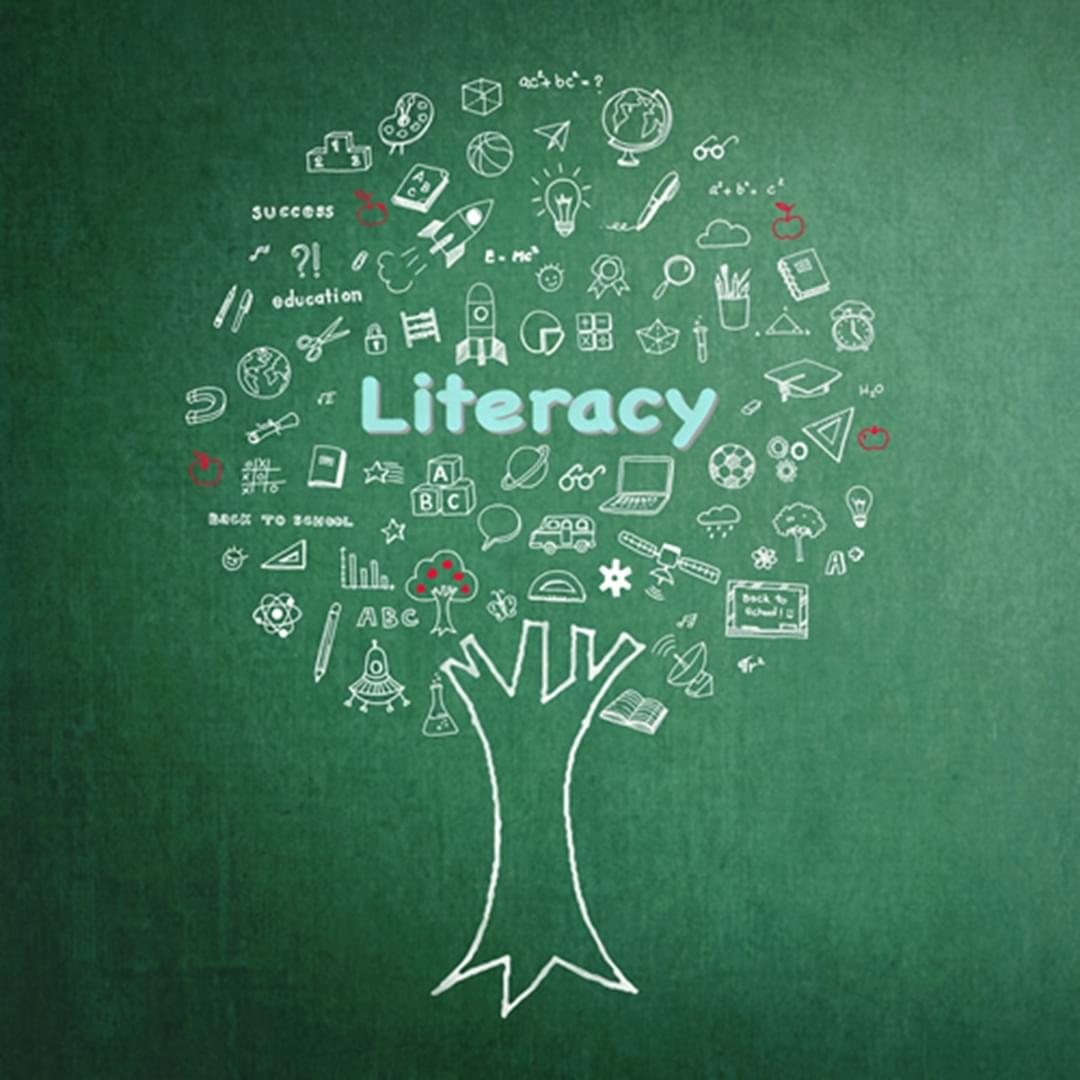You’re all signed up for the Education Slice
Thank you for your interest in our service.
Watch out for a confirmation email from our subscriptions team. Once you have confirmed you will join the community of over 35,000 subscribers who are receiving daily Education intelligence to lead, innovate and grow.
Note: Due to the nature of this message you may find this in your "promotions" or "spam" folders, please check there. If nothing arrives within a few minutes let us know. If you do not receive this email we will be happy to help get you set up.
Adding the email address [email protected], will help to ensure all newsletters arrive directly to your inbox.
Recent Editions

Education Slice
National
The Trump administration is moving to restrict access for undocumented students to federally funded early childhood, dual-enrollment, and postsecondary career and technical education programs. This initiative, led by the U.S. departments of Education and Health and Human Services, aims to classify these programs as similar to welfare, thereby excluding undocumented immigrants. Education Secretary Linda McMahon said: “The department will ensure that taxpayer funds are reserved for citizens and individuals who have entered our country through legal means.” Critics, including Julie Sugarman from the Migration Policy Institute, warn that these changes could create a chilling effect on families seeking educational opportunities. The new rules could significantly impact programs like Head Start, which has historically been open to all children meeting federal requirements. “This decision undermines the fundamental commitment that the country has made to children and disregards decades of evidence that Head Start is essential to our collective future,” commented the National Head Start Association in a Thursday statement. “Attempts to impose such a requirement threaten to create fear and confusion among all families who are focused on raising healthy children, ready to succeed in school and life.”
Full Issue
Education Slice
California
The Trump administration is moving to restrict access for undocumented students to federally funded early childhood, dual-enrollment, and postsecondary career and technical education programs. This initiative, led by the U.S. departments of Education and Health and Human Services, aims to classify these programs as similar to welfare, thereby excluding undocumented immigrants. Education Secretary Linda McMahon said: “The department will ensure that taxpayer funds are reserved for citizens and individuals who have entered our country through legal means.” Critics, including Julie Sugarman from the Migration Policy Institute, warn that these changes could create a chilling effect on families seeking educational opportunities. The new rules could significantly impact programs like Head Start, which has historically been open to all children meeting federal requirements. “This decision undermines the fundamental commitment that the country has made to children and disregards decades of evidence that Head Start is essential to our collective future,” commented the National Head Start Association in a Thursday statement. “Attempts to impose such a requirement threaten to create fear and confusion among all families who are focused on raising healthy children, ready to succeed in school and life.”
Full Issue
Education Slice
Texas
The Trump administration is moving to restrict access for undocumented students to federally funded early childhood, dual-enrollment, and postsecondary career and technical education programs. This initiative, led by the U.S. departments of Education and Health and Human Services, aims to classify these programs as similar to welfare, thereby excluding undocumented immigrants. Education Secretary Linda McMahon said: “The department will ensure that taxpayer funds are reserved for citizens and individuals who have entered our country through legal means.” Critics, including Julie Sugarman from the Migration Policy Institute, warn that these changes could create a chilling effect on families seeking educational opportunities. The new rules could significantly impact programs like Head Start, which has historically been open to all children meeting federal requirements. “This decision undermines the fundamental commitment that the country has made to children and disregards decades of evidence that Head Start is essential to our collective future,” commented the National Head Start Association in a Thursday statement. “Attempts to impose such a requirement threaten to create fear and confusion among all families who are focused on raising healthy children, ready to succeed in school and life.”
Full Issue
Education Slice
Florida
The Trump administration is moving to restrict access for undocumented students to federally funded early childhood, dual-enrollment, and postsecondary career and technical education programs. This initiative, led by the U.S. departments of Education and Health and Human Services, aims to classify these programs as similar to welfare, thereby excluding undocumented immigrants. Education Secretary Linda McMahon said: “The department will ensure that taxpayer funds are reserved for citizens and individuals who have entered our country through legal means.” Critics, including Julie Sugarman from the Migration Policy Institute, warn that these changes could create a chilling effect on families seeking educational opportunities. The new rules could significantly impact programs like Head Start, which has historically been open to all children meeting federal requirements. “This decision undermines the fundamental commitment that the country has made to children and disregards decades of evidence that Head Start is essential to our collective future,” commented the National Head Start Association in a Thursday statement. “Attempts to impose such a requirement threaten to create fear and confusion among all families who are focused on raising healthy children, ready to succeed in school and life.”
Full Issue









